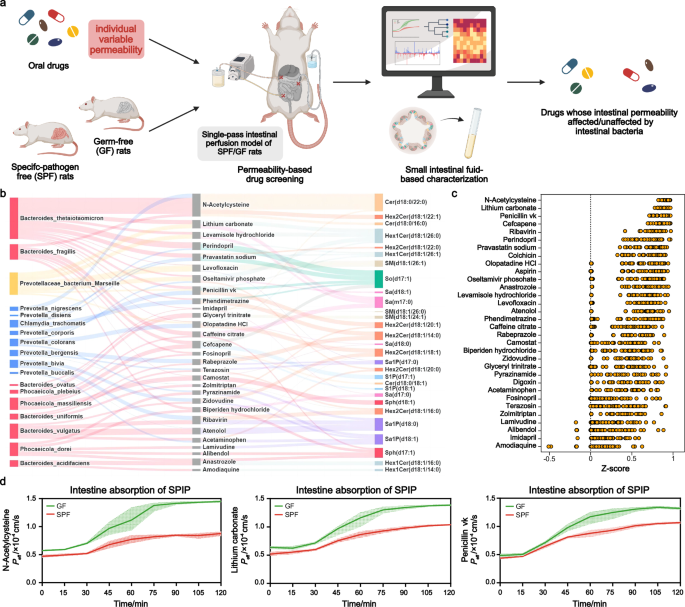Liberia to reroute ACE cable to address Internet outages
_(1).jpg?width=1280&auto=webp&quality=95&format=jpg&disable=upscale)
(Source: Liberia Telecommunications Authority)
The Cable Consortium of Liberia (CCL) and the Liberia Telecommunications Authority (LTA) have begun work to redirect the country's landing station for the Africa Coast to Europe (ACE) subsea cable, from beneath PHP Park in the country's administrative capital, Monrovia.
The rerouting is a critical move aimed at ending persistent nationwide connectivity disruptions believed to have been caused by construction work at the current landing site.
Since 2011, the ACE cable has been Liberia's sole provider of Internet bandwidth. It currently lands at PHP Beach in Central Monrovia. However, a new sports and recreational facility called PHP Park is being built at this location, causing Internet outages.
During a site visit late last week, CCL CEO and Board Chairman Henry Benson disclosed that a section of the ACE cable was damaged under the monument located within the park. Benson said the structure was erected despite repeated warnings against building over vital telecommunications infrastructure.
"The ACE, Orange Liberia, Lonestar Cell MTN, LTA, and CCL all advised the former CDC-led administration to avoid construction over the cable. We wrote a letter, we pushed, but our resistance to this whole infrastructure was ignored, unfortunately," Benson explained.
Related:Another subsea cable fail impacts East Africa's Internet
Benson said that, to avoid demolishing the park while restoring Internet stability, a team from the global Internet consortium responsible for ACE will arrive by ship on April 22, 2025, to begin the redirection process.
Furthermore, he said the work is expected to cause intermittent disruptions nationwide from April 23 to April 28, and will cost an estimated $200,000.
"As we stand here, the ACE cable lies directly beneath us, buried under heavy rocks. With every tide, those rocks shift, increasing the risk of total Internet failure," Benson explained.
_(1)_(1).jpg?width=700&auto=webp&quality=80&disable=upscale)
The rerouting of the ACE cable landing station is aimed at ending persistent nationwide connectivity disruptions. (Source: Liberia Telecommunications Authority)
Benson added that the CCL had considered demolishing the park but ultimately chose to reroute the cable, recognizing PHP Park's cultural and recreational significance to the public.
"In collaboration with LTA and our stakeholders, we decided to relocate the cable to a safer zone to ensure uninterrupted connectivity," Benson continued.
The country began experiencing Internet outages in August 2024, which, according to the LTA, was attributed to a cut on the ACE cable.
African countries have, in recent times, experienced subsea cable disruptions that impacted Internet connectivity.
In May 2024, Internet connectivity in several African countries was disrupted after two subsea cables connecting Southern and East Africa went down, slowing connections and causing widespread outages.
Both the East African Submarine Cable System (Eassy) and Seacom cable systems along Africa's east coast were impacted. That disruption followed damage to four subsea cables in March 2024, when a suspected subsea seismic event occurred off the coast of Abidjan in Côte d'Ivoire on the west coast of Africa, impacting Africa's Internet services.











